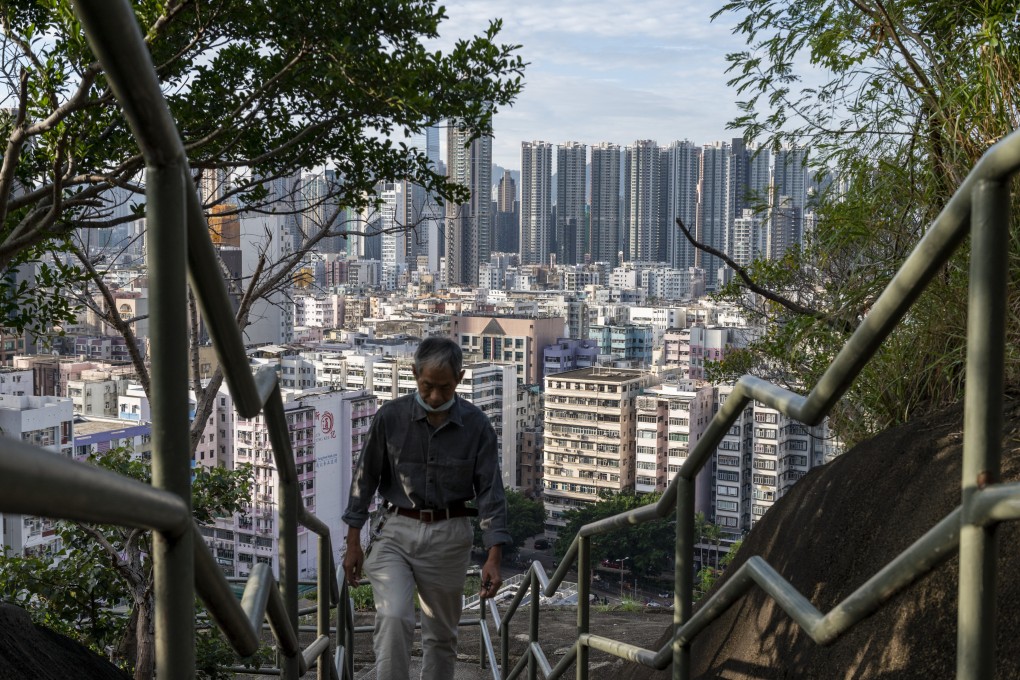Opinion | On Hong Kong’s housing and land supply, John Lee must avoid the mistakes of past leaders
- After the Asian financial crisis, a group of professionals tried to warn the government against a damaging standstill in land development, but the advice fell on deaf ears
- Hong Kong continues to face mountain-like obstacles to land development, and would benefit from a more participatory approach to governance

In his first policy address, Chief Executive John Lee Ka-chiu said land and housing were the government’s top priority. This was also the case with his predecessors Carrie Lam Cheng Yuet-ngor and Leung Chun-ying.
During the Asian financial crisis around 2000, as property prices in Hong Kong plummeted to record lows, the Hong Kong government stopped holding scheduled land auctions and developing new sites in order to stabilise property prices. However, after the economy recovered, this policy remained in place and virtually no new land was developed in the decade from 2005 to 2015.
This prolonged suspension of land development alarmed a group of professionals who understood that capital, land and labour are primary economic inputs and that the absence of one of these elements would create bottlenecks in future economic growth. I was part of this group which around 2008 sounded the alarm bell through an extensive campaign – newspaper articles, advertisements, a seminar and videos – to educate the public and government officials. In a 2009 research report, we suggested resuming land development, developing a competitive housing market and increasing the number of property market participants.
However, this advice fell on deaf ears. By the time chief executive Donald Tsang Yam-keun acknowledged the government’s land policy mistake in a radio interview in 2011, the damage was done. Undoing the effects of the policy that had been in place for a decade would take longer than that. It may have become a mission impossible.
It is well recognised that Hong Kong faces three mountain-like obstacles in land development.

